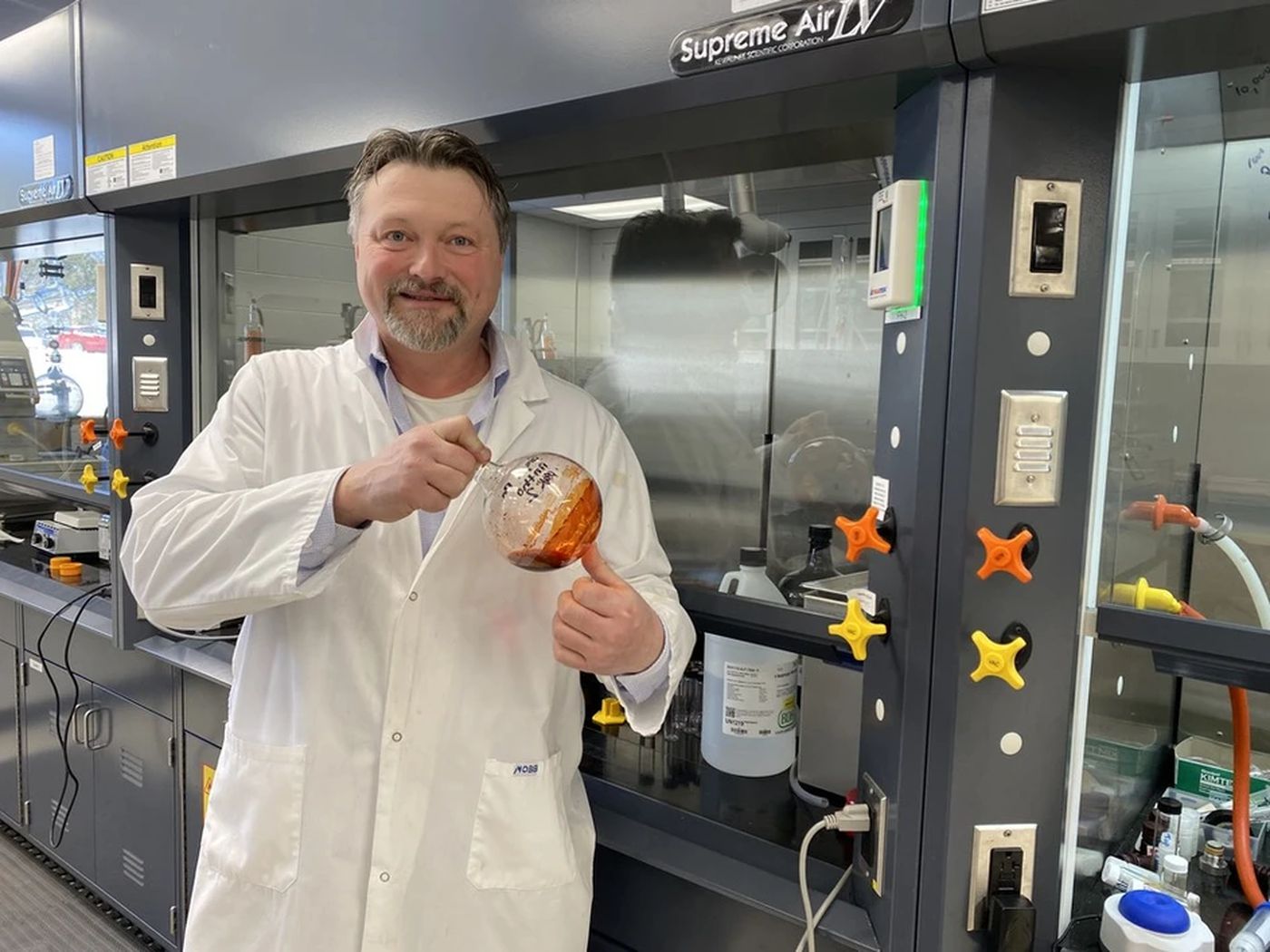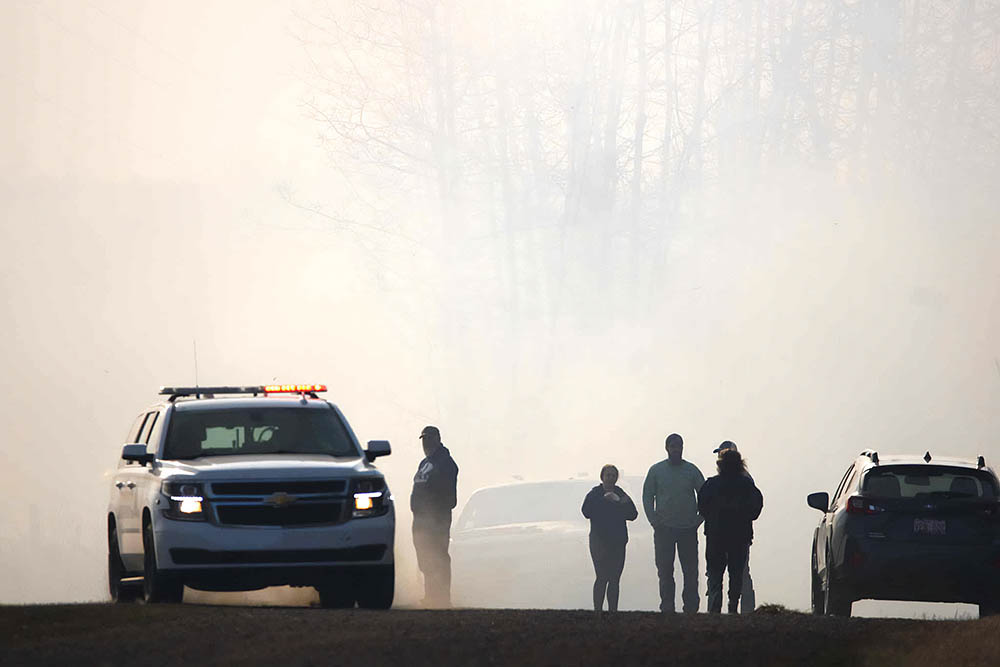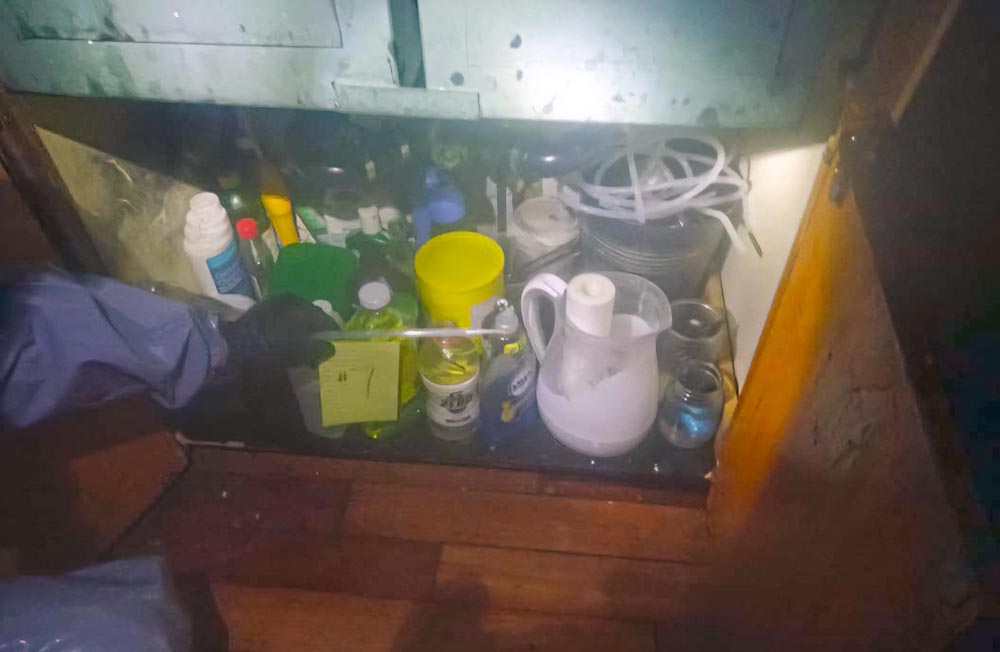Yutaro Sasaki,
Local Journalism Initiative Reporter
This system is called a Nuclear Magnetic Resonance machine. It can measure atoms inside a molecule, allowing it to detect unknown chemical standards for McCallum’s ongoing research.
A researcher in Charlottetown is studying the possible health benefits of food that ends up as waste.
In an interview with The Guardian on Jan. 21, Agriculture and Agri-Food Canada scientist Jason McCallum explained his ongoing research.
“Foods like baby carrots make great candidates for food processing waste,” McCallum said. “When you make juice with apples, cherries or grapes, that’s a type of processing waste.”
Regarding McCallum’s research, he hopes what gets extracted from food waste could be used to lower inflammation and the risk of cancer.
“Could food waste reduce the inflammatory response? I can put that chemical in with cancer cells and look at the cancer cells. From our end, we extract chemicals and purify them,” he said.
Studies like McCallum’s are very challenging to turn into a human application.
“It’s the biggest challenge. What we do in an analytical chemistry lab versus what you do in food processing are two very different things,” he said.
Historically, the challenging aspect has been to use food-grade processing methods, McCallum added.
“We can’t use expensive chromatography techniques to purify things. We have to rely on more simple technologies.”
HOPES
Regarding McCallum’s research, he hopes there will be a benefit through human application.
“A few years from now, I’d love to see some type of health supplements, whether it’s a capsule you take a couple of times in the morning to get extra polyphenols,” he said.
McCallum says he would also like to add value to food waste.
“I grew up on a farm and we processed all sorts of fruits and vegetables and we filled a dump truck every day with wastes that went down to the cattle yard,” he said.
With the AAFC research project starting last October, McCallum said it is now ready for full-scale lab characterization.
Yutaro Sasaki,
Local Journalism Initiative Reporter
The Guardian



